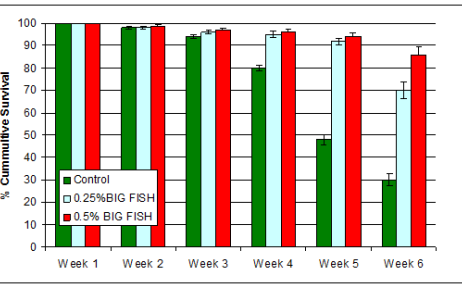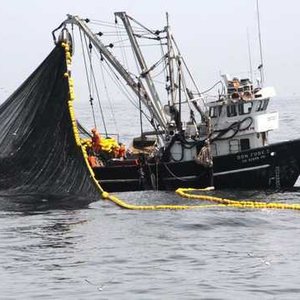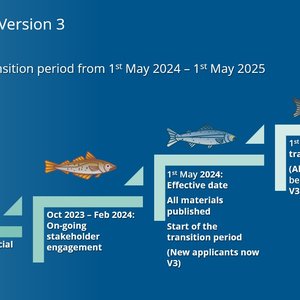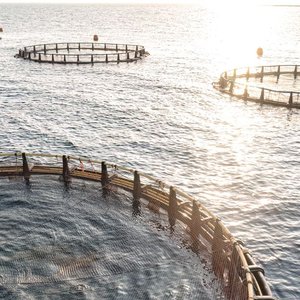Host-Targeted Antibody Has Positive Impact on Tilapia Survival and Performance
Cook, C.L., Clark, J. S., Montgomery, K. and Yang, M. D.
The more we learn about inflammation, the more it captures a key role in our understanding of disease mechanisms and general health in both humans and livestock. The immune system (IS) is incredibly complex and highly effective at combating the universe of pathogens to which cultured organisms are continually exposed. When the IS is activated, an array of specialized cells, proteins and signalling molecules are rapidly produced and mobilized to fend off any threat, whether it be real or perceived. Providing for such vigilance and flexibility represents a high metabolic cost, therefore, avoiding excessive IS activation—inflammation—can facilitate mobilization of metabolic resources (energy and nutrients) to be used elsewhere, such as for growth and reproduction. Many IS activities are concentrated in the gut, which contains more than 70% of all the immune cells in the body. Enteric challenges can decrease weight gain, feed intake, feed efficiency, survivability, uniformity and the ability to adapt to environmental conditions. Achieving optimal gut health should be of primary concern for producers striving for higher animal performance.
There are many ways for producers to minimize costly gut inflammation, which can be caused by disease, ingestion of inappropriate feedstuffs, toxins, parasites, and, particularly, by bacteria and viruses. Avoiding these factors generally falls under routine management. Gut inflammation caused by inappropriate feedstuffs, on the other hand, can be a complicated issue. Fluctuating agricultural markets and cost pressures influence feed formulations such that nutrient sources of differing quality, digestibility and palatability may be used for each batch of feed. Soy is often added to replace fish meal as a protein source in fish feeds, but this plant-based feed has been clearly shown to cause gut inflammation in carp and salmon, and most likely occurs in other species as well. The economic gains from reduced feed cost must be carefully weighed against production losses arising from increased gut inflammation.
A novel approach directly tackles the problem of excess gut inflammation. Instead of targeting pathogens or other factors in the gut, the biochemical mechanisms of the host itself can be targeted. This host-targeted approach has been successfully applied using an antibody against a gut enzyme, phospholipase A2 (PLA2), and now marketed as BIG FISH™. PLA2 is a key participant in the inflammatory response of vertebrates, and enables one of the earliest metabolic steps in the inflammatory cascade. By targeting the host animal’s PLA2, this product modulates the action of many key inflammation mediators in the gut, resulting in suppression of excess inflammation. Most importantly, this does not compromise the immunological status of the animal, which is still fully able to mount an effective response to acute health challenges.
A recent commercial trial specifically examined if BIG FISH™ confers any protection against a disease challenge. Tilapia fingerlings were raised on 0% (control), 0.25% or 0.5% BIG FISH,™ starting with triplicate tanks of 330 fish for each treatment. After 8 weeks, 200 median-sized fish from each treatment were distributed into ponds and challenged by feeding fish that had died from Streptococcus agalactiae along with regular rations. A remarkable protective effect was seen for groups raised on BIG FISH™ (Figure 1), demonstrating that targeting host PLA2 with this product does not compromise immune function, and in fact enabled these fish to better fight off an acute disease challenge. Additionally, the trialling party noted increased biomass and reported that feed conversion in the BIG FISH™ groups was “vastly superior” than controls.
Figure 1. Enhanced survivability (±SD) of tilapia raised with aPLA2 supplementation, upon ongoing S. agalactiae challenge in Weeks 4-6.











